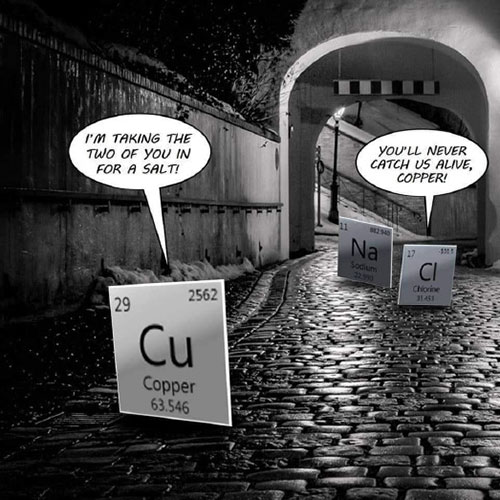|
Writing allows us extra room to infuse our expressions with an eloquence that would otherwise sound ill-suited when we're speaking. Where simple, declarative language often favors comfort and trust in conversation, techniques that are more affecting can infuse written language with style, voice, and even emotion when applied properly.
One such structure is what is referred to as anastrophe.
What Is Anastrophe?
Anastrophe is a literary technique in which the conventional word order is inverted for embellished effect. Writers might use anastrophe as a matter of meter or rhythm, or they might apply it to emphasize a word or words over others in the sentence.
The word anastrophe originates from medieval Latin drawing from the Greek anastrophē (turning back), from anastrephein (to turn back), from ana- + strephein (to turn). The first known use of anastrophe is cited as being circa 1550.
Ways a writer might invert phrases can be:
adjective after the noun
I have crossed the ocean blue, but not found one as fair as you.
They looked at each other, aware of the words not yet spoken.
The iron hot from the flame you've taken, I see. |
verb before the subject
We would again be together, said she, but I believed it not to be.
Quiet as kittens while sleeping were we.
Too much praise gave they that day, making me wonder their ways. |
preposition behind its modified element
Across the pond they paddled, anxious to reach the box by the bank.
From the rafters they cried, certain that time would not expire.
Tired and aching but driven, on resolute feet they continued. |
Some of these examples contain more than one instance of anastrophe:
The iron hot from the flame you've taken…
Too much praise gave they that day… |
In addition to phrases with anastrophe, these two sentences have an inversion of the normal subject-verb-object order to:
object-subject-verb (The iron hot…you've taken)
object-verb-subject (Too much praise gave they…) |
The sentence with object-subject-verb (The iron hot…you've taken) also includes a prepositional phrase (from the flame) away from its standard position.
We can see in the examples how anastrophe provides rhythmic style and gravity to statements that would be more ordinary with conventional syntax:
I see you've taken the hot iron from the flame.
They gave too much praise that day, making me wonder their ways.
Certain that time would not expire, they cried from the rafters. |
You may also have recognized in the examples how anastrophe can achieve lyrical rhyme:
I have crossed the ocean blue, but not found one as fair as you.
We would again be together, said she, but I believed it not to be. |
Prose and poetry have often used anastrophe to achieve a particular pattern or style of syllables, in some cases to maintain a meter with emphasized or atypical beats.
Note how Shakespeare used anastrophe in this passage from Hamlet between Polonius and Laertes:
| "Neither a borrower nor a lender be; For loan oft loses both itself and friend, And borrowing dulls the edge of husbandry. This above all – to thine own self be true, And it must follow, as the night the day, Thou canst not then be false to any man." |
More Prolific Examples of Anastrophe
Now that we have a greater grasp of what anastrophe is, we can recognize even more how it has been used throughout culture and history, including by the great Star Wars Jedi Master Yoda:
The greatest teacher, failure is.
Powerful you have become, Dooku. The dark side I sense in you.
Difficult to see. Always in motion is the future.
Much to learn you still have. |
The following are more memorable ways anastrophe has been used to lasting effect:
Sure I am of this, that you have only to endure to conquer.
Winston Churchill, September 1914
Hope holds to Christ the mind's own mirror out
To take His lovely likeness more and more.
Gerald Manley Hopkins [1844–1889], "Hope Holds to Christ"
Of pain you could wish only one thing: that it should stop. Nothing in the world was so bad as physical pain. In the face of pain there are no heroes.
George Orwell, 1984
For as this appalling ocean surrounds the verdant land, so in the soul of man there lies one insular Tahiti, full of peace and joy, but encompassed by all the horrors of the half-known life. … Push not off from that isle, thou canst never return!
Herman Melville, Moby Dick |
We see how anastrophe in the hands of skilled writers and orators can achieve enduring impact through the thoughtful arrangement of words. When we apply it with intention and proper restraint, we too can express thoughts and observations that live and travel far beyond us.
Related Topics
Writing with Rhythm and Sound
What Does Metaphor Mean?
|





